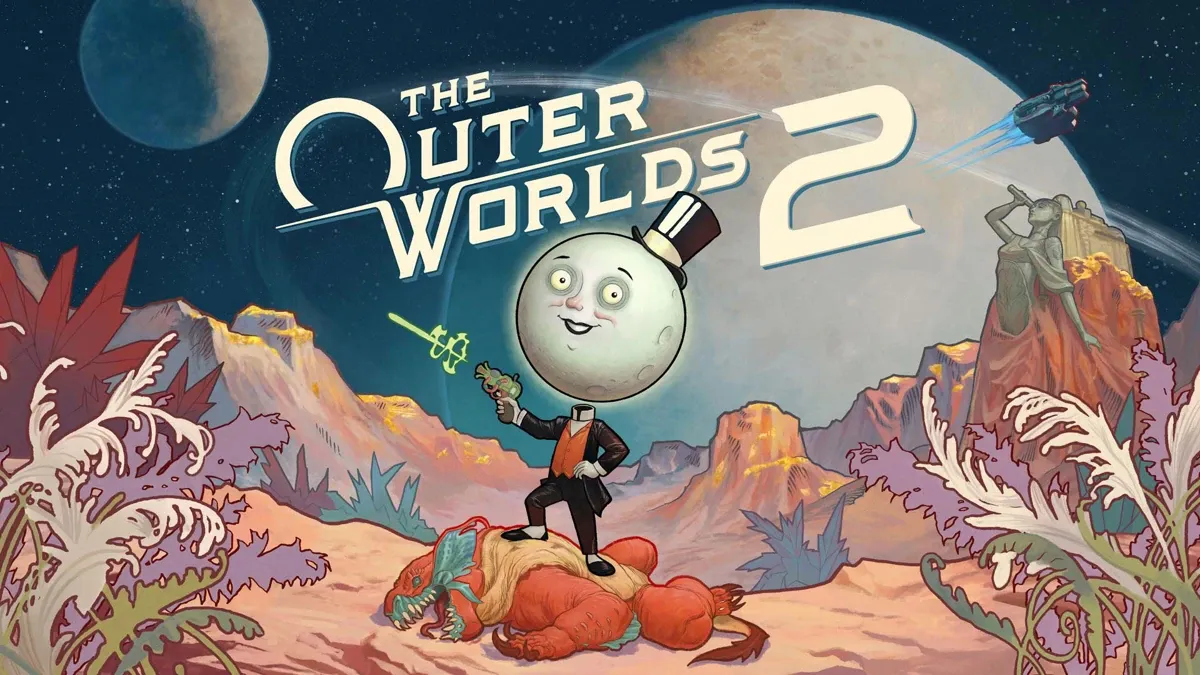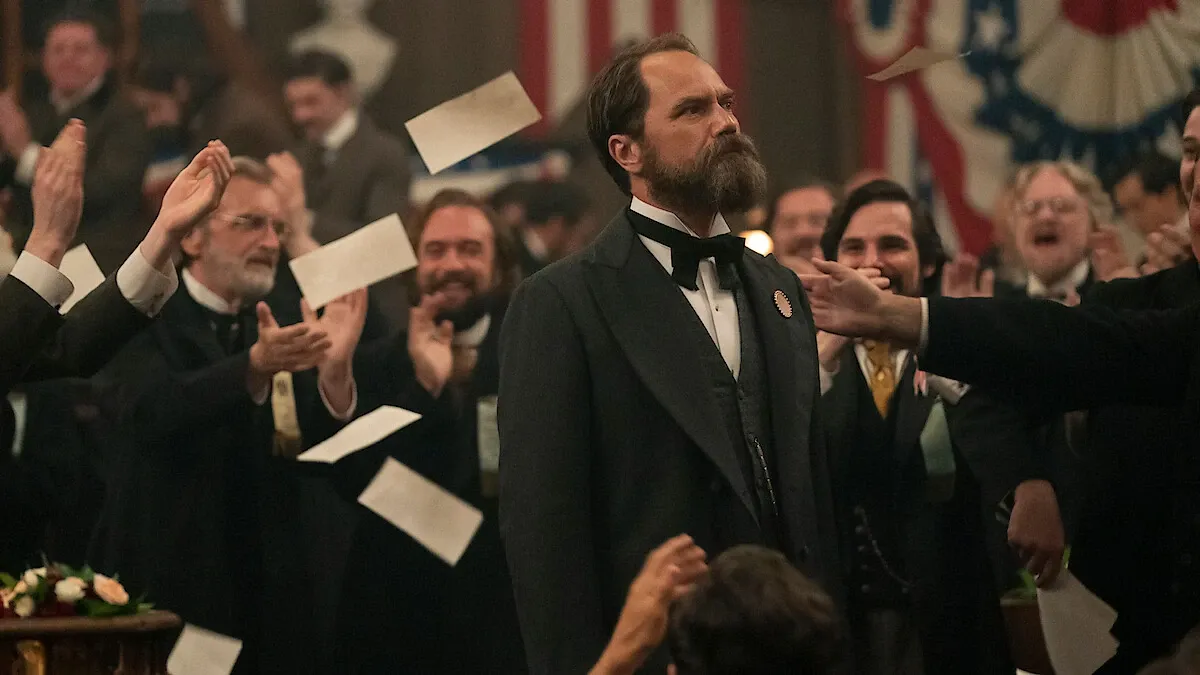★★★★ | This wasn’t supposed to be a documentary
You know we’re in the darkest timeline when shows about fascist run alternate histories start to feel timely.
That’s the prevailing feeling when viewing THE PLOT AGAINST AMERICA, adapted from Philip Roth’s seminal masterpiece by Ed Burns and David Simon. Their previous collaborations include THE WIRE and TREME, both explorations of American society usually disregarded in mainstream media. Despite set in an alternate history of 1940s America, PLOT sees them exploring much of the same themes and darker facets of the country’s psyche.
As with THE WIRE, this is a densely packed show that absolutely flies when it gets going. At six episodes, each around an hour, it feels half as long. I haven’t read Roth’s book, but one imagines this makes the material proud. It’s assertive and mature long form cinema.
Set in a time of increasing unrest, THE PLOT AGAINST AMERICA follows the lives of a Jewish family in Newark, New Jersey. It imagines an alternate past where Theodore Roosevelt loses the presidential election to Charles Lindbergh; an anti-Semitic, America first espousing Nazi sympathizer known for his feats of aviation. (“There’s a lot of hate out there, and he knows how to tap into it,” one character says.) With the war an eventuality, American hysteria reaches a tipping point as fascism rears its ugly head with devastating results.
Unfolding like a mosaic, much of the focus is through the viewpoint of the youngest members of the family. The result is an engrossing, richly textured portrait of America, honest and true even though highly fictionalized. We understand the emotional context because it rings so close to the present. From the opening credits (which depict American exceptionalism descending into Nazism) the series pushes us closer to nationwide issues. By the end we’re so close we can disseminate the thousands of strands holding them together.
The melodrama gives way to a realistic portrayal of fear, as families are split apart through fear and blind faith. Herman (a forceful Morgan Spector) pigheadedly believes that the truth will out, even as it damages his family. Evelyn (Winona Ryder, superb), his sister-in-law, places her faith in the church, ignoring the warning signs even at all turns. It feels aggravating and painful to watch, because objectively we can see where history is going. But that’s the point Simon and Burns are making; we like to think we know better, yet continue making the same mistakes. The series masterfully weaves distrust and fear into its fabric, and it’s genuinely unnerving to watch society shift on its axis. Basic everyday actions become impossible, as social interaction carries with it a fear of violence.
While highly America-centric, the show is as boundless as it is timeless. A major part deals with how younger generations are shaped by society around them, and it’s one of the hardest to watch. The oldest son, Sandy (Caleb Malis), is at the age when rebellion comes naturally. It’s his seduction of the iconic Lindbergh that feels most believable. Even as his parents warn him of the antisemitism in the carefully worded agitprop, they’re helpless to prevent the inevitable.
Ryder, playing the lovesick Evelyn, is especially notable in a difficult role. Wide-eyed and naive, she swallows the political maneuvering of the local figurehead rabbi whole. John Turturro plays Rabbi Bengelsdorf with a thick folksy drawl like honey laced with arsenic. Simon and Burns do some of their best work in allowing their relationship to play out with time. We understand why Evelyn falls for the allure of stability and power regardless of the repercussions. An early scene sees her fitfully defend an insidious integration plan designed for Jews; as Herman points out that no other race or religion is included, Ryder beautifully understates the internal conflict brewing within.
Alongside the drama and the cultural depiction is a deep undercurrent of anger; Herman’s political activism is met with scorn by others too tired to continue fighting; Alvin (Anthony Boyle), Herman’s cousin, runs away to Canada to join the war effort and is treated like a criminal for it. In the end, the series dares to say what others don’t: ignoring antisemitism and hatred is just as bad as openly supporting it.
In just six episodes, it tears apart every excuse for inaction as it depicts a past future so believable it will linger in the mind long after the credits roll. Painting both America and the western world as easily cowed and frightful mobs preoccupied by their own gain. And how cowardice sows the seeds for fascism in our own backyards, allowing evil to fester again and again throughout the ages.
At the start of a new roaring twenties, I can’t think of anything that could be more timely.












